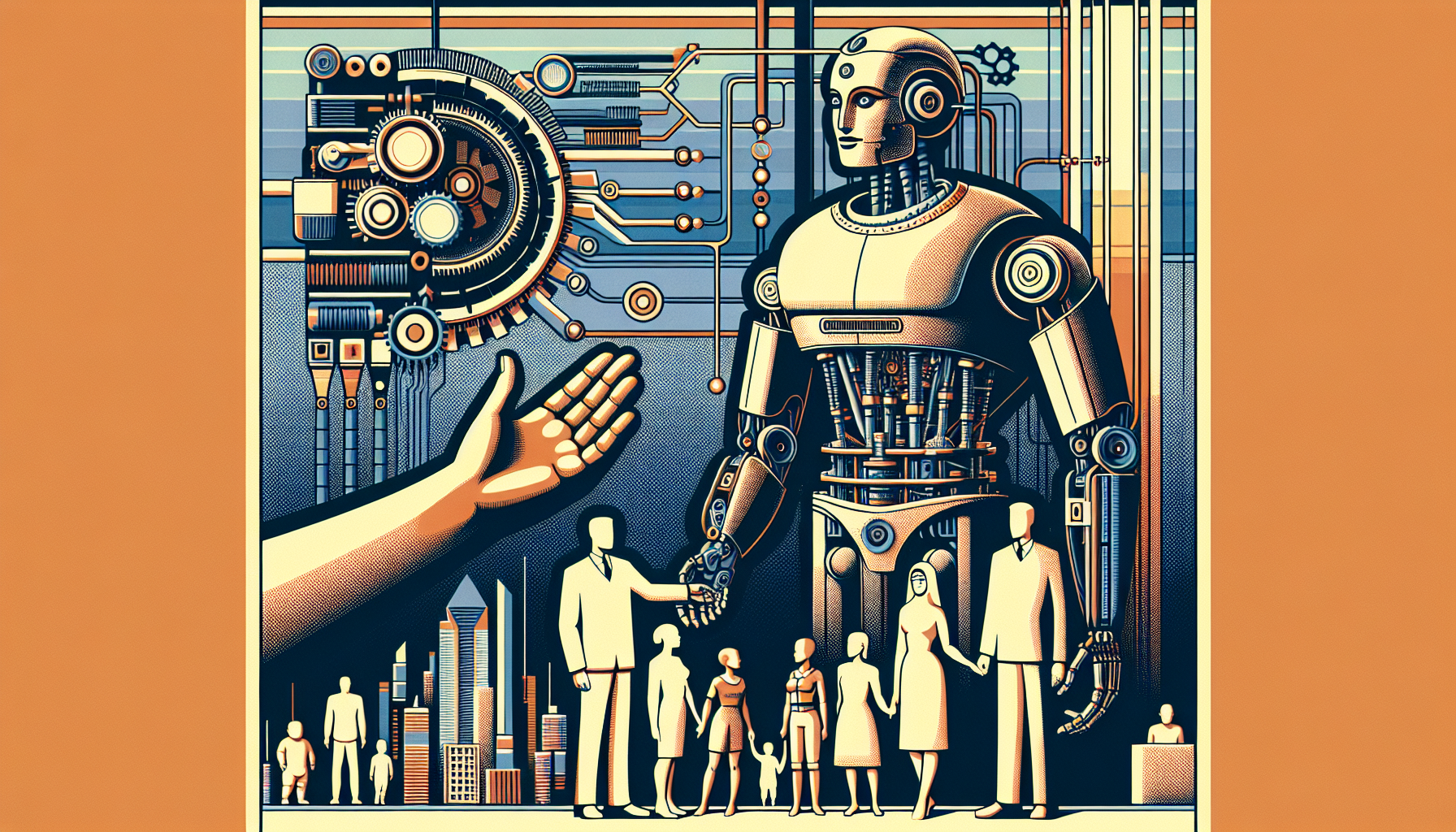Artificial intelligence is often seen through the lens of anxiety—a force that could change our world in ways that may not always serve humanity. Yet, Dario Amodei, the CEO and co-founder of Anthropic, offers a different perspective. In his essay, “Machines of Loving Grace,” Amodei talks about AI not as a threat, but as a powerful ally in making life better, if we guide its development wisely.
A Scientist Rooted in Caution
Dario Amodei is no stranger to the risks of AI. With a Ph.D. in biophysics from Princeton and research experience at Stanford’s School of Medicine, he has long approached technology with careful consideration. Before founding Anthropic in 2021 with his sister Daniela, he led research at OpenAI—a company central to recent advances in artificial intelligence. The move to start Anthropic was driven by a cautious hope: that by shaping the path of AI carefully, it could become a true force for good.
The Promise of Transformational Change
In his vision, Amodei sees AI as a tool that, if developed with care, can bring about remarkable improvements in our lives and societies. He imagines a near future where artificial intelligence does not just make tasks faster or easier, but fundamentally reshapes what is possible for humanity.
Accelerating Medical Discovery
Amodei believes AI could unlock new horizons in medicine. Imagine condensing a century’s worth of medical progress into just a decade. This leap could help prevent diseases, create treatments tailored to each person’s needs, and even extend our lifespan. With AI, breakthroughs that once seemed generations away could become reality within our lifetimes.
Unlocking Mental Well-being
Our understanding of the mind has always lagged behind what we know of the body. Amodei envisions AI as a means to close this gap. Advanced AI might help us better understand mental health disorders like depression and PTSD, leading to more effective treatments. By empowering neuroscience and psychology with new tools, AI could offer hope to millions who struggle in silence, making well-being and self-discovery more accessible.
Building Stronger Societies
It’s not just about individuals—AI has the potential to benefit societies as a whole. By improving health and mental clarity, AI could help lift people out of poverty and ease the conditions that divide us. If used wisely, AI could nurture more peaceful, stable, and productive communities across the globe.
Walking the Line Between Hope and Caution
Amodei’s sense of hope does not cancel out his sense of responsibility. In fact, he argues that we must recognize both the remarkable benefits AI brings and the serious risks it poses. Many, he says, may not realize just how transformative or how dangerous AI could be.
To move forward, Amodei calls for a careful balance. AI technologies must be developed within clear legal and ethical boundaries. Their goals and actions should align with human values. By identifying both the risks and the possibilities, he believes we can guide AI to serve not just a few, but all of humanity.
A Roadmap Toward a Brighter Future
Dario Amodei’s vision is both ambitious and grounded. He invites us to imagine a future where artificial intelligence is a partner in solving our hardest challenges and nurturing our best qualities. Achieving this future is not automatic—it requires thoughtful design, oversight, and an unwavering respect for what makes us human.
As AI grows in capability and influence, the path we choose today matters more than ever. Amodei’s message is clear: We have the opportunity to use this technology not only wisely, but nobly—to cure illnesses, lift spirits, and create a fairer, more compassionate world. It is up to all of us to meet this moment with the care and vision it deserves.

Leave a Reply